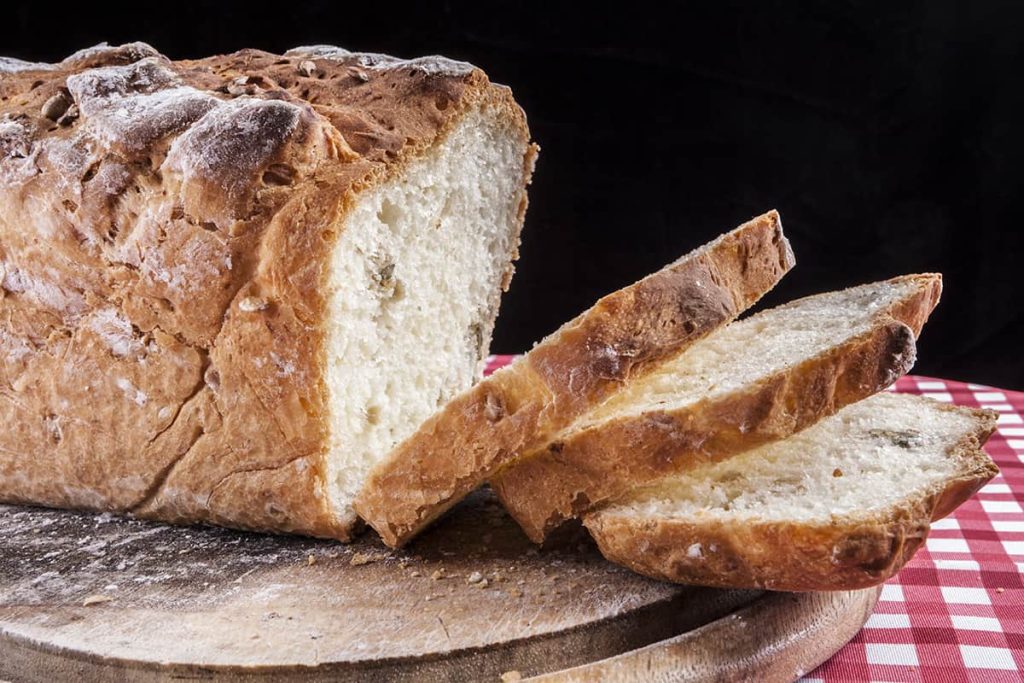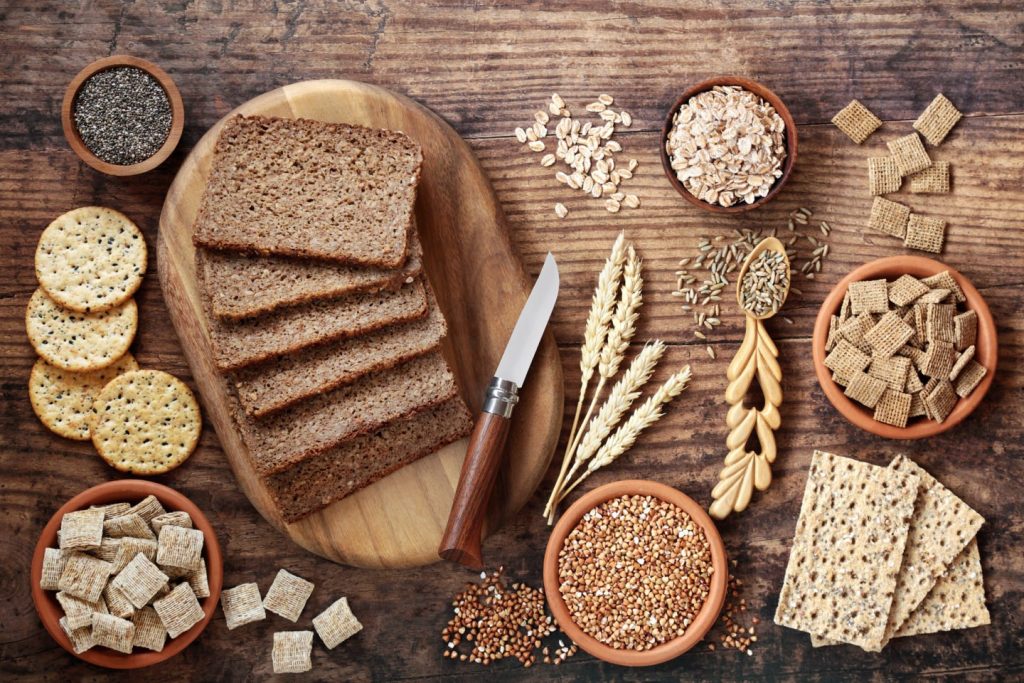Many people enjoy bread as a delicious part of their meals. Unfortunately, it can also cause heartburn for some. If you’ve ever experienced burning in your chest or throat after eating bread, then you may already be familiar with this phenomenon. But why does bread give me heartburn? Let’s explore how bread may be contributing to your discomfort and what you can do about it.

Table of Contents
The Causes of Heartburn
Heartburn is caused by stomach acid that backs up into the esophagus due to a weakened or relaxed lower esophageal sphincter (LES). This can happen when foods are difficult to digest or high in fat and sugar. Bread contains carbohydrates, which are broken down into sugar by the body. Eating too much bread increases the amount of sugar in the stomach and can weaken the LES, leading to heartburn symptoms.
Some types of bread are more likely to contribute to heartburn than others. For example, sourdough bread is made from fermented grains which contain lactic acid bacteria, making them easier for the body to break down and reducing the risk of heartburn. White bread is more refined than whole wheat or other whole-grain options so it generally produces higher amounts of sugar in the stomach and is more likely to trigger heartburn symptoms.
How To Avoid Heartburn From Bread
If you are experiencing heartburn after eating bread, there are steps you can take to reduce or eliminate those symptoms without giving up your favorite foods entirely. Here are some tips that may help:
• Choose whole grain options over white or refined flours whenever possible. Whole grain varieties contain more fiber which helps slow digestion and reduces the amount of sugar released into your bloodstream at once, reducing your chances of getting heartburn from eating bread.
• Eat smaller portions at one time and spread out your meals throughout the day instead of having large meals all at once. This gives your body time to digest food properly and reduces strain on your digestive system which could otherwise lead to an increase in acid production leading to heartburn symptoms later on.
• Limit fried foods such as donuts, croissants, etc., as these tend to be higher in fat content which is harder for your body to break down and increases acid production leading to increased risk of heartburn symptoms after eating them with bread products like toast or sandwiches.
• Increase water consumption throughout the day as this helps flush out toxins from your system resulting in less strain on your digestive system overall and fewer chances of experiencing uncomfortable side effects like indigestion or heartburn after eating certain types of food including breads or other starchy products like pastas or potatoes.
FAQs
Is peanut butter bad for acid reflux?
Peanut butter can be a source of heartburn and acid reflux in some people.
It contains high amounts of fat and is known to relax the lower esophageal sphincter, which can cause stomach contents to back up into the esophagus. This results in irritation of the lining of the esophagus and causes symptoms such as chest pain, nausea, and throat burning.
If you suffer from frequent acid reflux, it is best to avoid peanut butter or limit it to small portions.
Additionally, eating other foods high in fat can worsen your symptoms, so it’s important to keep track of what you eat when experiencing frequent episodes of heartburn or acid reflux. Eating smaller meals throughout the day may also help to reduce symptoms.
It is important to talk with your doctor if you are experiencing frequent episodes of acid reflux, as this can be a sign of an underlying condition. Making dietary and lifestyle changes may help you find relief from your symptoms.
If you choose to eat peanut butter, look for brands that are lower in fat or opt for natural varieties instead. Eating it with other foods that can reduce stomach acid levels, such as whole grains and fruits, can also help minimize the chances of flare-ups.
Ultimately, it’s best to consult with your doctor before making any major dietary changes. They will be able to provide personalized tips on how to manage the symptoms of acid reflux effectively. By making small adjustments in diet and lifestyle, you may be able to find relief from your acid reflux symptoms.

Are pomegranates acidic?
Pomegranates are typically considered to be slightly acidic in nature. The level of acidity depends on the variety and ripeness of the fruit.
Generally, pomegranates that are more ripe tend to be slightly less acidic than those that are less ripe. The acidity also varies between different varieties of pomegranates, with some being more acidic than others.
Overall, the acidity levels are relatively low compared to other fruits, making pomegranates a great addition to any recipe that calls for an acidic ingredient.
Read more:
Is There A Microwave Toaster Oven Combo? Pros and Cons
Conclusion
It’s natural for many people who love their daily intake of toast or sandwich feel concerned about why does bread give me heartburn? Fortunately, with a few simple changes such as choosing whole grain varieties over white flour options; smaller portion sizes; limiting fried foods; and increasing water intake throughout the day, you can reduce your chances of getting uncomfortable indigestion from enjoying tasty treats such as toast every now and again! With a little bit of effort, you can still enjoy all those delicious carbs without having unpleasant side effects afterward!
References:








